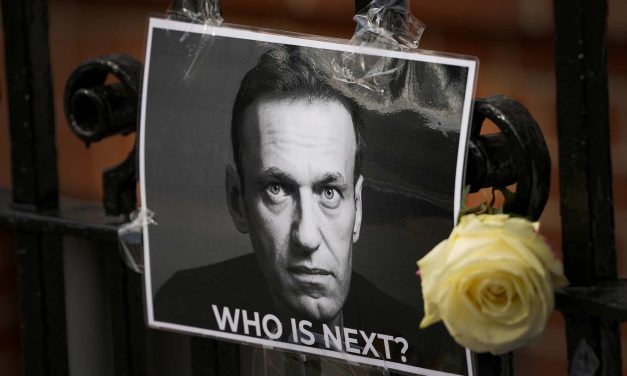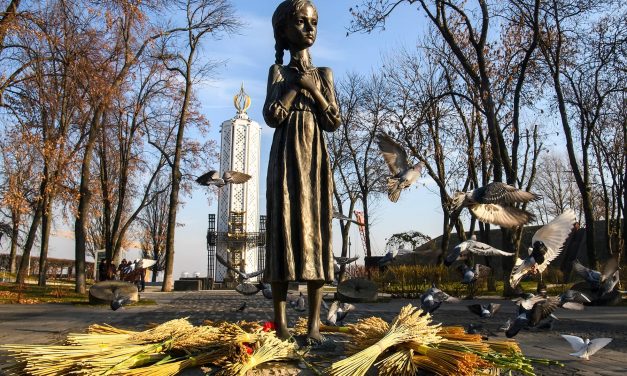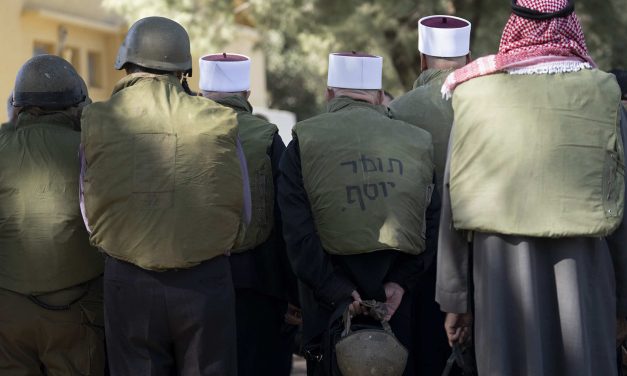Trump is no Navalny: Narcissistic victimhood in a democracy is not same as persecution in Russia
By James D. Long, Professor of Political Science and Co-founder of the Political Economy Forum, University of Washington The death of Russian dissident Alexei Navalny, announced on February 16, 2024, laid bare to the world the costs of political persecutions. Although his cause of death remains unknown, the 47-year-old died while serving a 19-year sentence in a Siberian penal colony. “Three days ago, Vladimir Putin killed my husband,” said Navalny’s widow, Yulia Navalnaya, in a Feb. 19 video. As an anti-corruption activist turned opposition leader, Navalny shone a light on the brutal excesses of President Putin’s regime. Like Navalny,...
Read More















